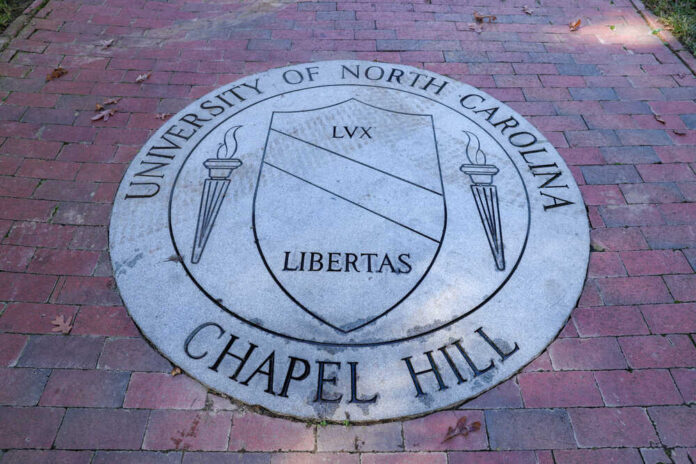
The University of North Carolina recently hopped on the bandwagon pushing back against woke culture. The institution’s board last week voted to prohibit diversity, equity, and inclusion statements from its hiring and promotion process.
The Board of Governors decided that those seeking employment or acceptance to the university will not face DEI requirements. These included being forced to affirm “beliefs, affiliations, ideals, or principles” concerning matters of “political debate or social action.”
A non-profit group, Color Us United, is leading the national charge against these mandated affirmations that have been sweeping U.S. institutions.
The group’s president, Kenny Xu, said his organization spearheaded the abolition of DEI at UNC’s medical school.
A petition circulated on campus stated, “I am deeply concerned about the indulgence of wokeness and DEI in the North Carolina medical system. It makes me feel like I am part of a radical social experiment, rather than a patient to be trusted and cared for.”
Return to sane fairness: University of North Carolina moves to ban ‘diversity, equity and inclusion’ statements in anti-woke backlash. UNC voted to ban DEI statements and compelled speech from admission, hiring, promotion and tenure https://t.co/rxT4NVrSbl #FoxNews
— Andrew Bostom, MD, MS (@andrewbostom) February 26, 2023
The medical school previously mandated the DEI affirmation, which was described in its Guidelines for Appointment, Promotion, and Tenure.
The protocol declared that a statement was required that “should outline depth and breadth of efforts in each area.” The statement by the applicant or prospective student should cover “work, philosophy and style, team-based projects, and mentee interactions.”
That, however, is no more. And the movement is spreading.
On Wednesday, the sprawling University of Texas system “paused” DEI programs at its 13 university and health campuses. The system also asked for a report from each school leader detailing their current DEI policies.
As UT System board Chair Kevin Eltife explained, the system wants to promote diversity among students and faculty. However, he acknowledged “certain DEI efforts have strayed from the original intent to now imposing requirements and actions.”
These new stipulations, Eltife noted, “rightfully” drew the concern of Texas policymakers. Some schools moved to require “diversity statements” from job candidates to detail their experience working with diverse student populations and their goals to help students from varied backgrounds.
This is an inappropriate and unnecessary injection of both politics and social experimentation into the selecting of employees and, in some cases, prospective students. It is high time that more university systems turn their backs on this indoctrination and return to their mission of teaching students.














